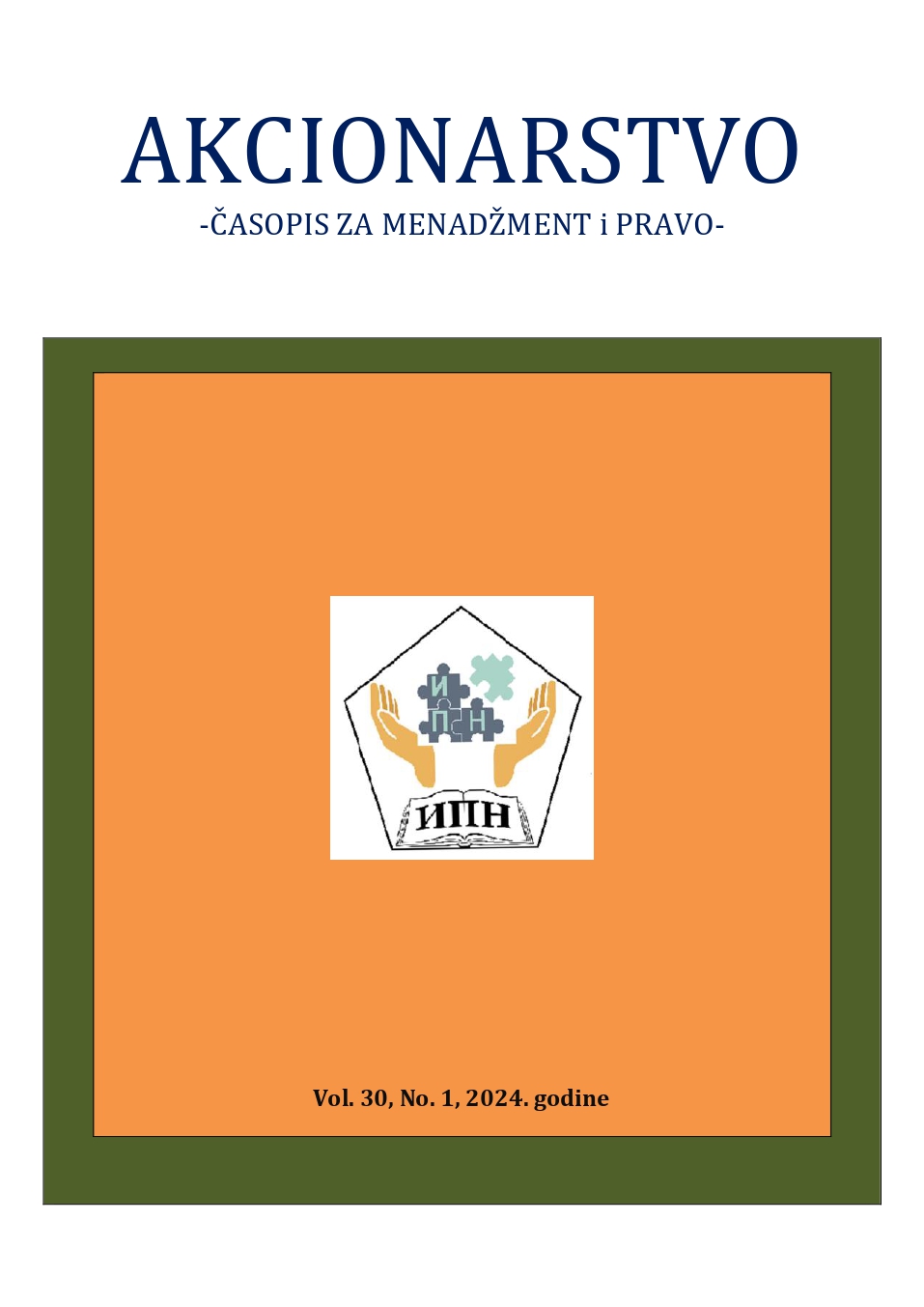IMPACT OF THE IMPLEMENTATION OF THE FATF RECOMMENDATIONS ON THE FINANCIAL PERFORMANCE OF THE GAMBLING SECTOR
IMPACT OF THE IMPLEMENTATION OF THE
FATF RECOMMENDATIONS ON THE
FINANCIAL PERFORMANCE OF THE
GAMBLING SECTORIMPACT OF THE IMPLEMENTATION OF THE FATF RECOMMENDATIONS ON THE FINANCIAL PERFORMANCE OF THE GAMBLING SECTOR
Author(s): zeljko radovanovic, nenad mihailovic, ljiljana rajnovicSubject(s): Politics / Political Sciences, Economy, Law, Constitution, Jurisprudence, Law on Economics, Business Ethics, Corruption - Transparency - Anti-Corruption
Published by: Centar za ekonomska i finansijska istraživanja
Keywords: Financial Action Task Force (FATF); money laundering; terrorism financing; profit rate; total revenue; return on equity
Summary/Abstract: Implementation of the methodological framework of the Financial Action Task Force (FATF) is an international obligation of every country. One of the main objections to the FATF mechanism is that it ignores the costs of implementing the measures themselves. The largest number of scientific papers addressing the matter have pointed to the rise in operating expenses caused by the implementation of the recommendations, primarily by the operation of the AML function which is directly responsible for the implementation of standards at the individual obliged entity level. The aim of the paper is to analyse the impact of the implementation of the FATF recommendations and the expected standards on the financial performance of the sector participants, using the example of the gambling sector in the Republic of Serbia. The paper will assess the statistical significance of differences in the key business parameters but, unlike the majority of papers that exclusively focus on the impact of the FATF standards on the obliged entities’ operating costs, this study will analyse the effects on the entire business using composite indicators. Furthermore, in order to examine the impact of the implementation of the standards on the competitive position of the obliged entities in relation to neighbouring countries, the paper will test the statistical significance of the differences between these indicators in Serbia and the indicators of the same sector in Croatia and Slovenia.
Journal: Akcionarstvo
- Issue Year: 30/2024
- Issue No: 1
- Page Range: 77-94
- Page Count: 18
- Language: English

